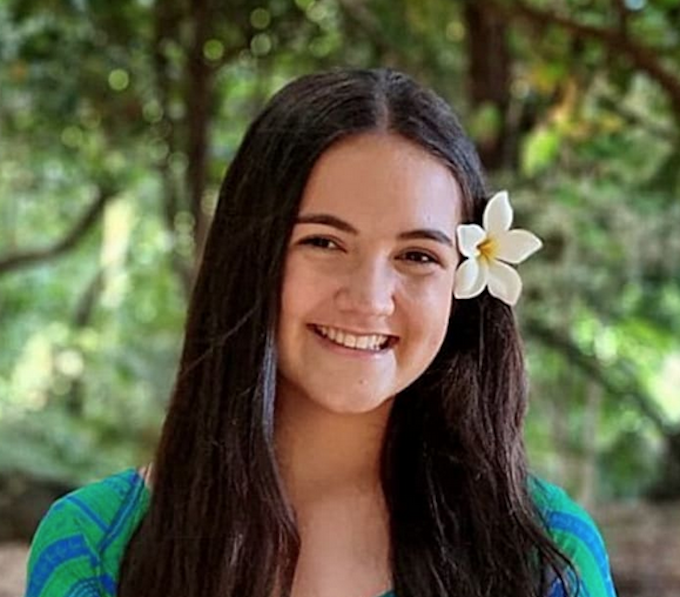
By Eleisha Foon, RNZ Pacific journalist
A young Samoan climate activist says the UN’s new guidance on children’s rights to a clean, healthy and sustainable environment is “the first step to global change”.
The UN Committee on the Rights of the Child have affirmed for the first time that climate change is affecting children’s rights to life, survival and development.
“General Comment No. 26” specifies that countries are responsible not only for protecting children’s rights from immediate harm, but also for foreseeable violations of their rights in the future.
- READ MORE: New UN guidance affirms children’s right to a clean, healthy environment
- UN child climate rights
It found the climate emergency, collapse of biodiversity and pervasive pollution “is an urgent and systemic threat to children’s rights globally”.
Children have been at the forefront of the fight against climate change, urging governments and corporations to take action to safeguard their lives and the future, said committee member Philip Jaffé.
Samoan-born Aniva Clarke, 17, is an environmental activist based in New Zealand. She has been a climate advocate since 10 years old.
Amplifying Pacific youth voices
Growing up in Samoa, she helped to amplify Pacific youth voices about climate change.
“Children and young people have been calling on action for so long and I think this is one of the many things and sort of products of that action working.”
Clarke was one of 12 global youth advisors on the inaugural Children’s Advisory Team, established to facilitate youth consultations on children’s rights, the environment and climate change.
She said the comments “create a framework” that hold 196 UN countries to account.
“They have recognised that there is a call and need for action,” she said.
Countries that have ratified the UN Child Rights Convention are urged to take immediate action including towards phasing out fossil fuels and shifting to renewable energy sources, improving air quality, ensuring access to clean water, and protecting biodiversity.
A lot to lose for Pacific nations
Clarke said Pacific Island nations had a lot to lose and larger nations responsible for emitting the most carbon emissions must take a stand to preserve the environment for future generations.
“The climate crisis is a child rights crisis,” said Paloma Escudero, UNICEF Special Adviser on Advocacy for Child Rights and Climate Action.
Clarke is worried that future generations are at risk of not only losing their land but their “culture”.
“We lose our ancient traditions … we live off the land but we live for the land,” she said.
For island groups like Tokelau and Tuvalu, which are low lying atolls, if climate change continues, then “those communities risk losing their islands completely”.
The committee received more than 16,000 contributions from children in 121 nations, who shared the effects of environmental degradation and climate change on their lives and communities.
This article is republished under a community partnership agreement with RNZ.











































